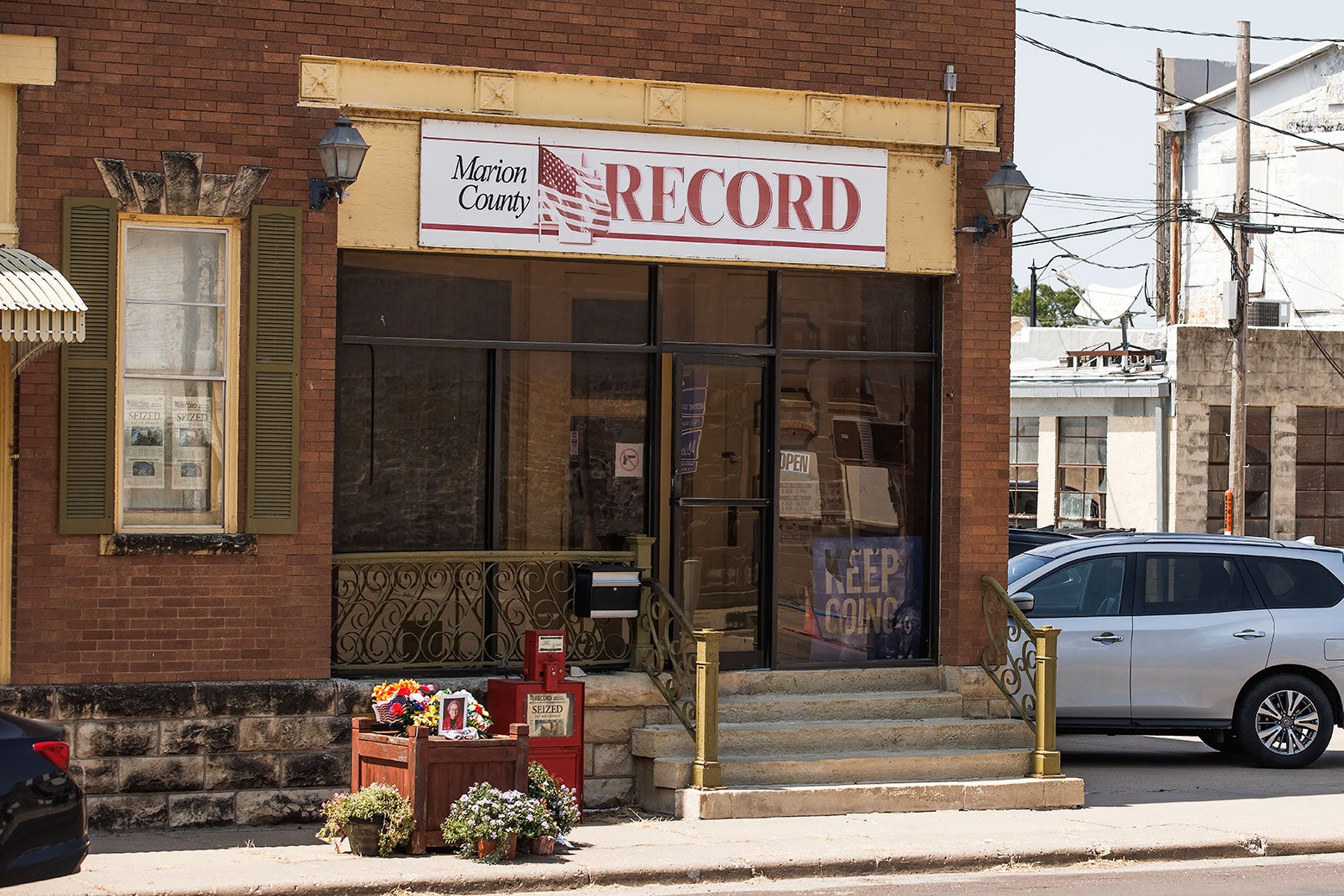The Marion County Record, a small local newspaper in Marion, Kansas, secured a significant victory in its fight for press freedom, receiving a $3 million settlement and a formal apology from local law enforcement. This development follows a controversial raid on the newspaper’s office and the home of its publisher, Eric Meyer, which raised serious questions about the treatment of journalists and the state of democracy in the United States.
In a statement issued on Wednesday, the Marion County Sheriff’s Office acknowledged the unlawful nature of the raid that occurred in 2023. The apology explicitly noted that the incident likely would not have happened if “established law had been reviewed and applied prior to the execution of the warrants.” This settlement comes after a two-year battle that garnered national attention and united media organizations in support of the newspaper’s First Amendment rights.
Background of the Case
The troubles for the Marion County Record began when it received an anonymous tip about local restaurateur Kari Newell, who was allegedly using an expired license and had a history of drunk driving. The publication, with a staff of just seven, decided to investigate. However, upon discovering that the tipster was likely Newell’s estranged husband amid ongoing divorce proceedings, Meyer chose to withhold her name and shared the information with Sheriff Jeff Soyez and Police Chief Gideon Cody.
Despite this caution, Newell accused the Record of illegal activities during a public meeting. Shortly after, law enforcement obtained a search warrant to raid Meyer’s home and the newspaper’s office, citing allegations of identity theft and unlawful use of a computer. This raised alarms over potential violations of federal protections that safeguard journalistic operations.
The police raids were aggressive, with officers seizing computers, cellphones, and critical reporting documents. The situation escalated dramatically when law enforcement entered Meyer’s home, where his 98-year-old mother also lived. Following the raid, she passed away, an event that profoundly affected Meyer and his family.
Legal Fallout and Community Impact
In the wake of the raids, Meyer and several staff members filed multiple lawsuits against the county and the involved law enforcement officials. The action sparked widespread condemnation from press freedom advocates and led to significant discussions about governmental accountability. The former police chief, Cody, now faces criminal charges, with a trial set for February 2024. Newell, the restaurateur at the center of the controversy, subsequently closed her business.
Meyer expressed the broader implications of this case in an interview, stating, “These days, there’s an awful lot of people who get abused, treated by the bully of government officials, and they just kind of roll over.” He emphasized the essential role of the press as a watchdog, warning that if journalists do not stand firm, they cannot fulfill their duty to the public.
The settlement and apology mark a rare acknowledgment of the rights of journalists and may serve as a pivotal moment in the ongoing struggle against authoritarian tendencies in local governments. The Marion County Record’s resilience demonstrates the importance of safeguarding press freedoms, even in the face of overwhelming challenges. As the publication aptly stated in its first edition after the raids, “Seized, but not silenced.”







